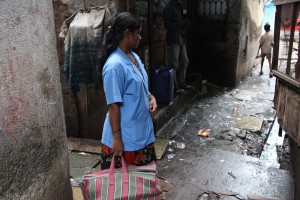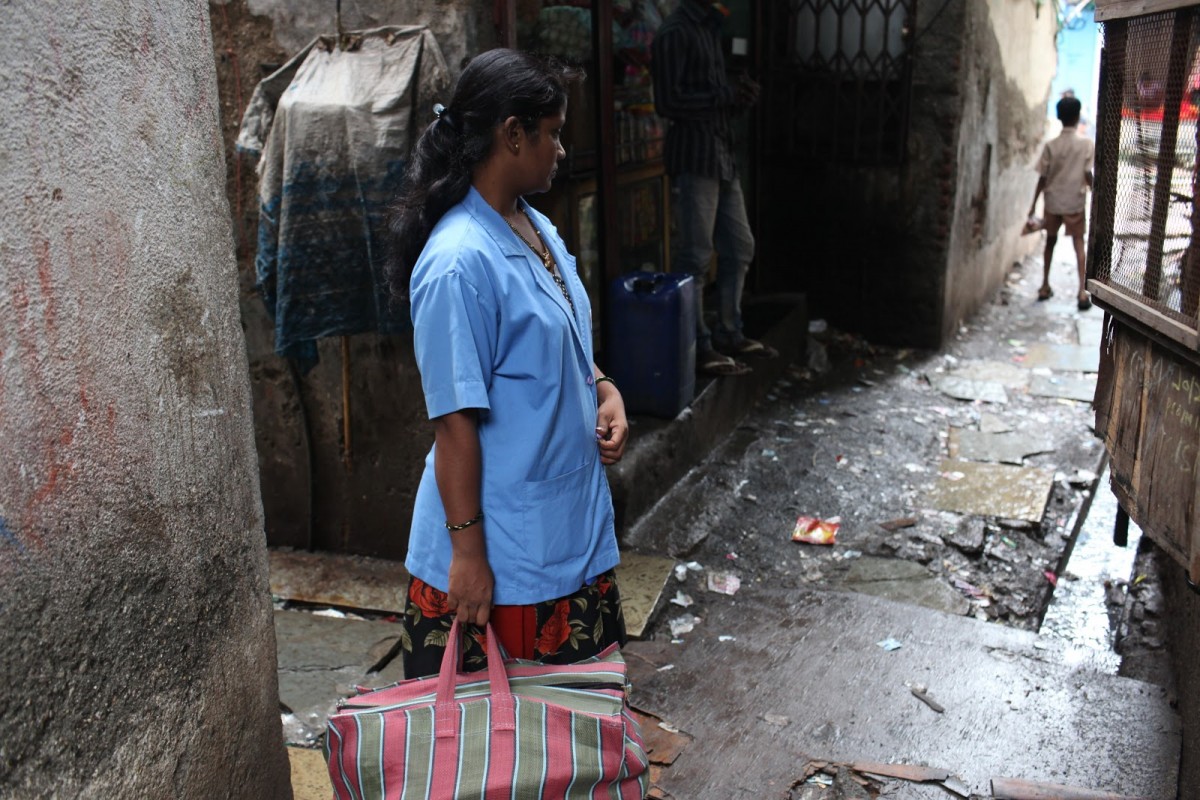
Yesterday Forbes published a great article about challenges and solutions to India’s maternal health care crisis, which draws heavily from our insights over last three years.
Dr. Pavitra Mohan, CEO at Amrit Clinics, an initiative started between Aajeevika Bureau (AB) and Basic HealthCare Services (BHS) to provide primary healthcare to tribal, migrant communities in rural Rajasthan, talks at length about why women tend to fall through the cracks of India’s health care system…. [He] points out that with migrant families, men tend to travel and move frequently for work, making it difficult for women to access care on their own. Migrant workers also face severe health challenges because of poverty and discrimination. Women are often subjected to physical, verbal and sexual abuse while children are sometimes forced to participate in labor. This strongly influences high rates of malnutrition, ill health and communicable diseases.
Amrit Clinics, like SNEHA, integrates a “life cycle” approach to the services it provides. “A woman’s health becomes the focus only around childbirth, but we need to take into account a woman’s whole life cycle.” Dr. Mohan argues, “Some of the biggest causes of deaths among women here are diseases like malaria and tuberculosis. Many children and young adults are pushed to work in the labor market early on. Coupled with early marriage, this not only perpetuates the cycle of malnutrition and ill health but also puts these families at high risk for maternal and infant deaths.”
Read the full article on the Forbes website: India’s Maternal Care Crisis: Is There A Solution?

